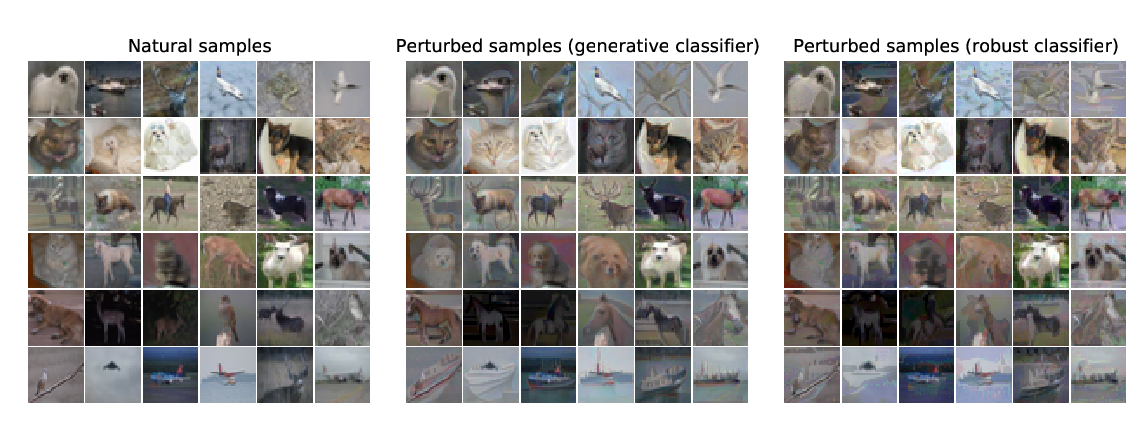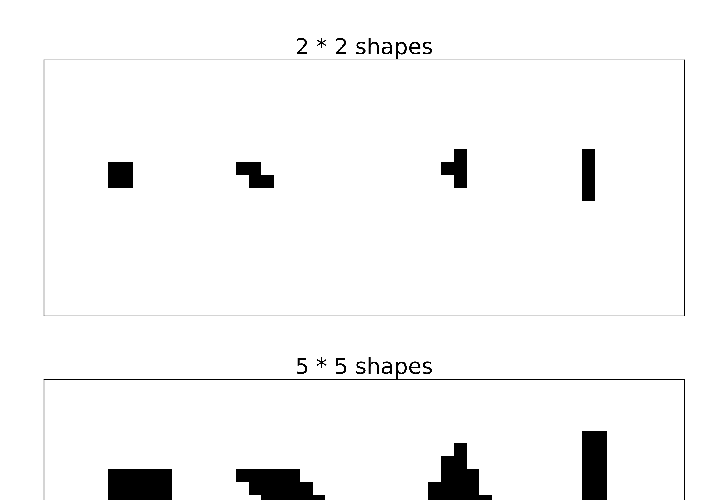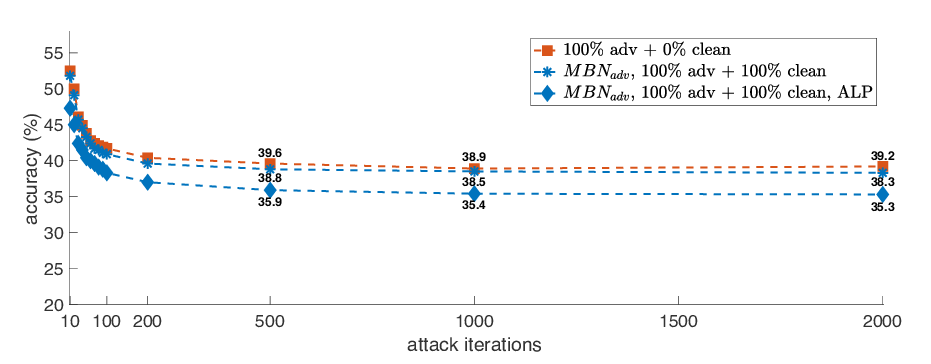Abstract:
Adversarial attacks on convolutional neural networks (CNN) have gained significant attention and there have been active research efforts on defense mechanisms. Stochastic input transformation methods have been proposed, where the idea is to recover the image from adversarial attack by random transformation, and to take the majority vote as consensus among the random samples. However, the transformation improves the accuracy on adversarial images at the expense of the accuracy on clean images. While it is intuitive that the accuracy on clean images would deteriorate, the exact mechanism in which how this occurs is unclear. In this paper, we study the distribution of softmax induced by stochastic transformations. We observe that with random transformations on the clean images, although the mass of the softmax distribution could shift to the wrong class, the resulting distribution of softmax could be used to correct the prediction. Furthermore, on the adversarial counterparts, with the image transformation, the resulting shapes of the distribution of softmax are similar to the distributions from the clean images. With these observations, we propose a method to improve existing transformation-based defenses. We train a separate lightweight distribution classifier to recognize distinct features in the distributions of softmax outputs of transformed images. Our empirical studies show that our distribution classifier, by training on distributions obtained from clean images only, outperforms majority voting for both clean and adversarial images. Our method is generic and can be integrated with existing transformation-based defenses.



